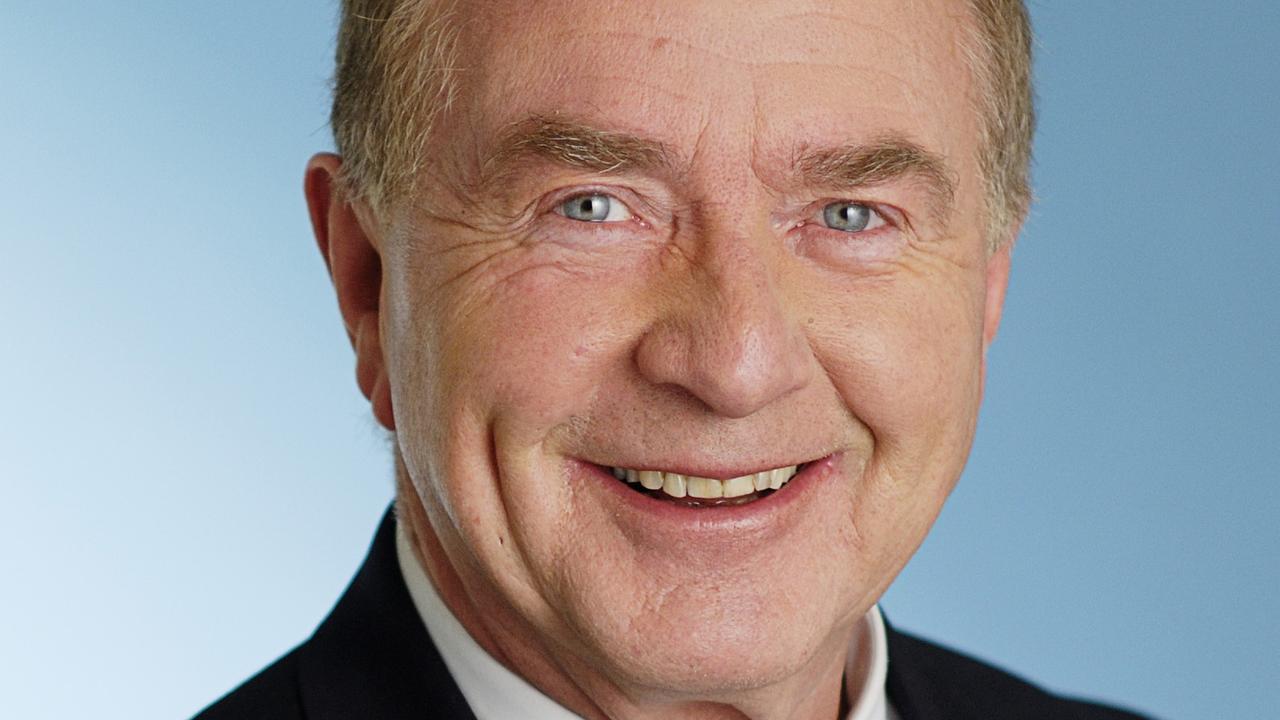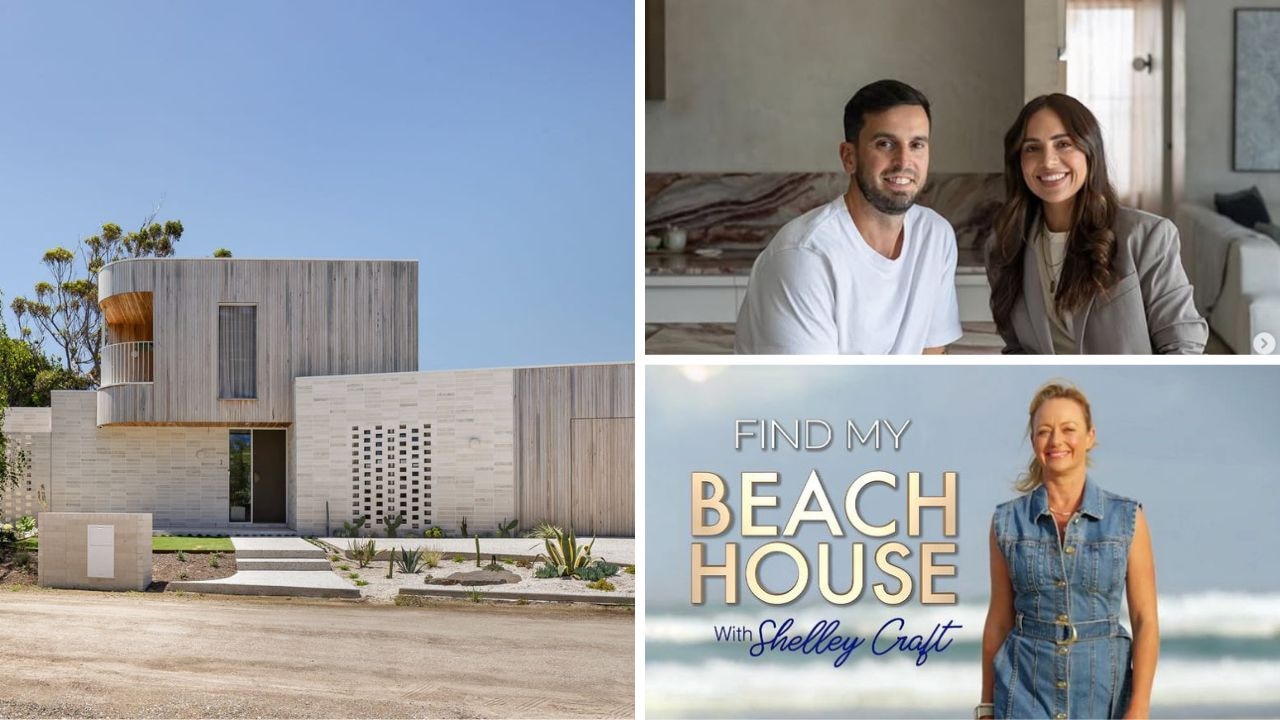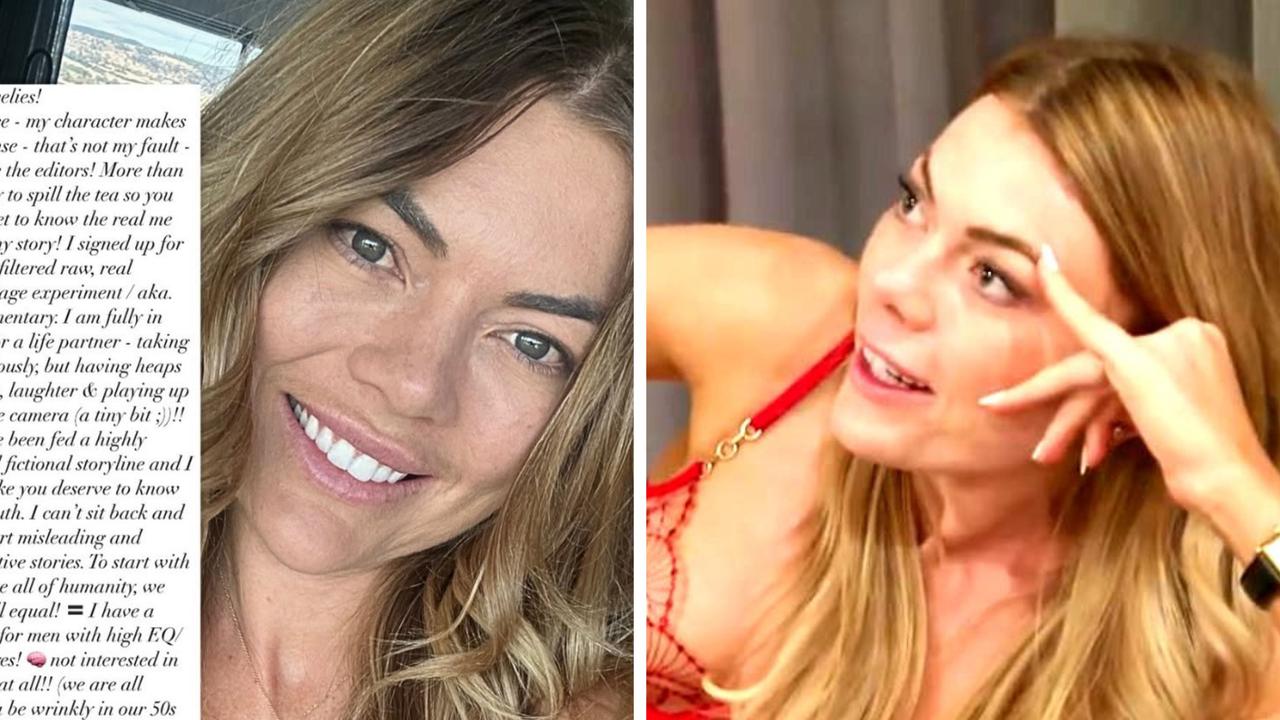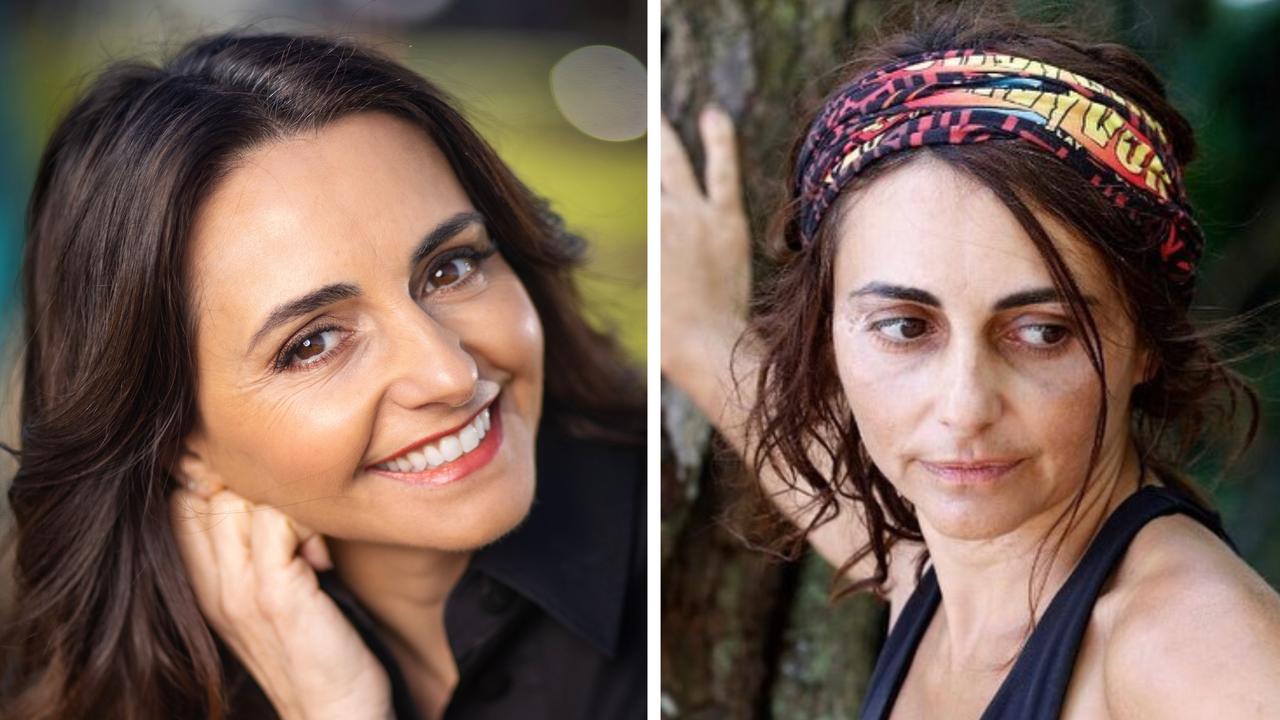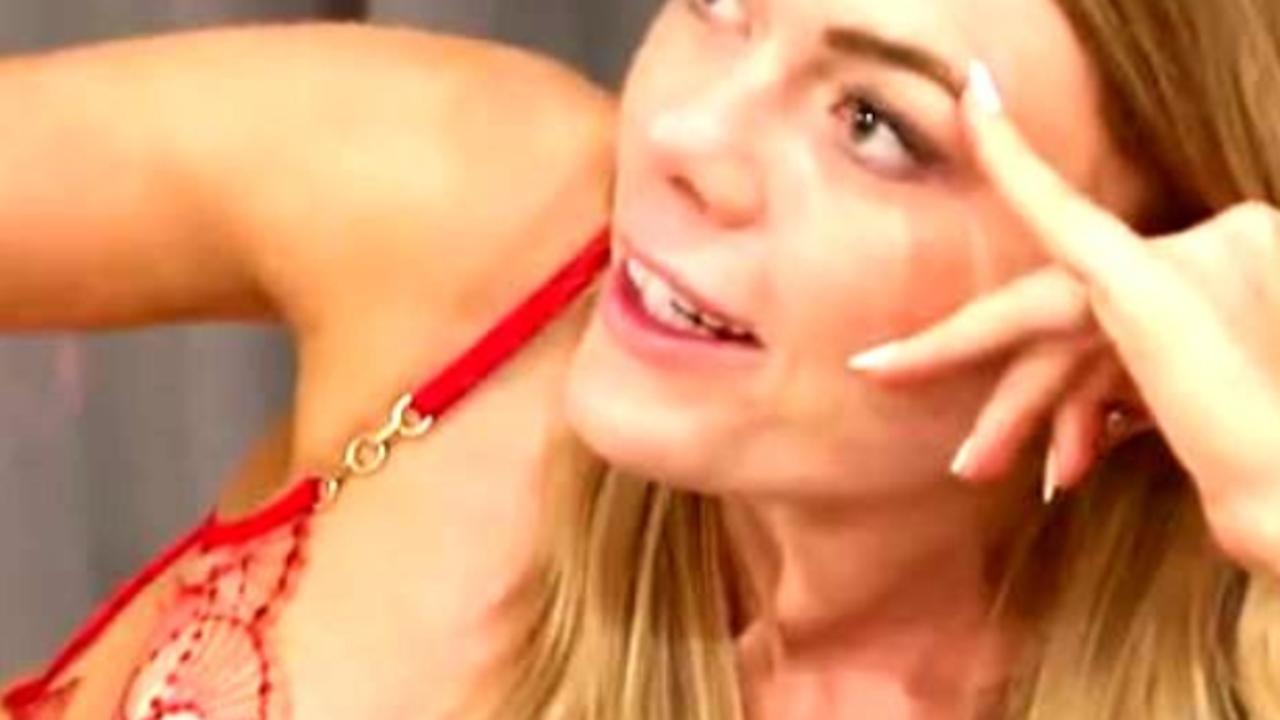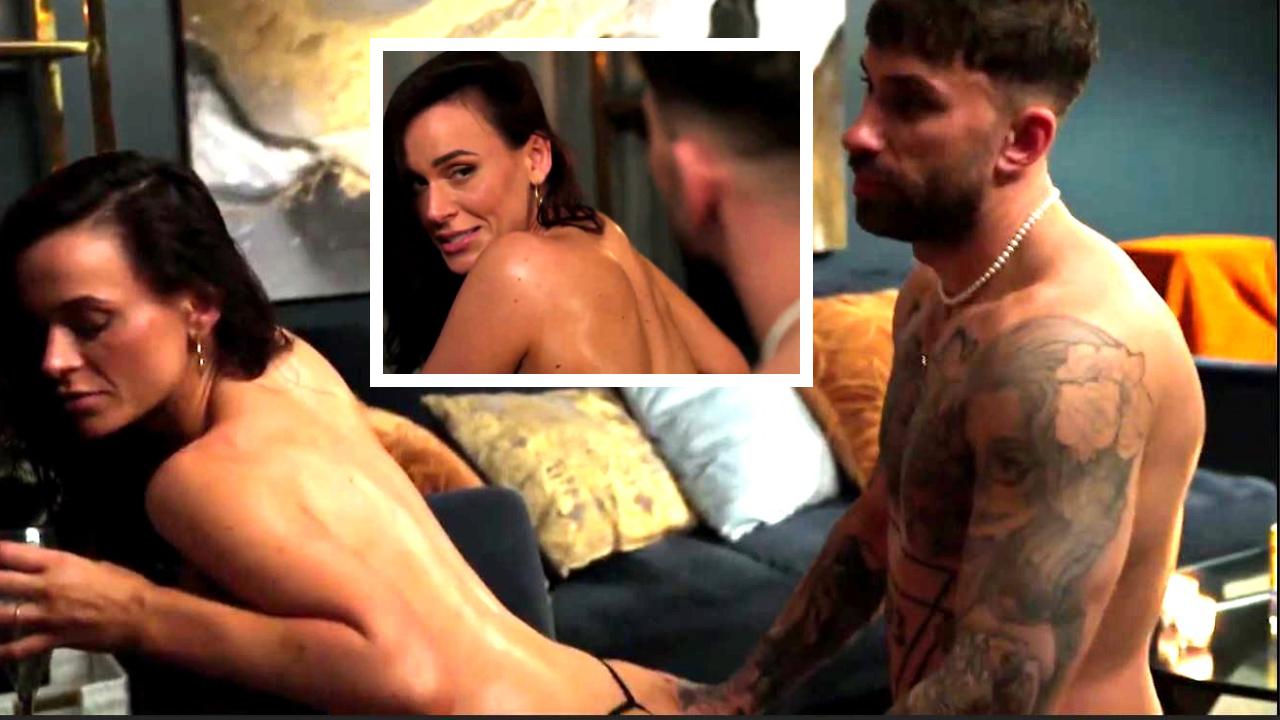Jake Gyllenhaal on The Guilty: ‘The pressure was unlike anything I’ve ever done’
Jake Gyllenhaal has made everything from huge blockbusters to indie dramas, but his Netflix movie came with pressure he’d never before felt.
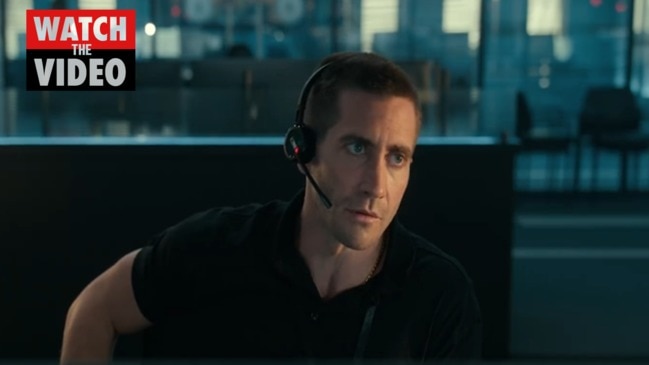
TV
Don't miss out on the headlines from TV. Followed categories will be added to My News.
In Netflix thriller The Guilty, Jake Gyllenhaal is in every scene, but he’s quick to give credit to the actors you don’t see on screen, the ones whose voices we hear.
“Even though you may not see them, I feel like you use your imagination more so than in a lot of different movies,” Gyllenhaal told news.com.au. “They are so present and talent, so I never felt alone.
“Unfortunately, you have to stare at my mug most of the time. But, in the end, it’s really a group of incredible performers, doing it all together.”
Most people really don’t mind staring at Gyllenhaal’s “mug” the whole time. Ever since he broke out in a big way in Donnie Darko 20 years ago, he’s established himself as an actor who takes risks.
Some of those choices, such as Brokeback Mountain and Nightcrawler, have cemented him as one of the most versatile talents of his generation while others such as Prince of Persia didn’t pan out so well.
The Guilty is a project he’s shepherded from the start, acquiring the remake rights through his production company, Nine Stories Productions. He developed the story about a rageful police officer who takes a 911 call from an abducted woman, and recruited director Antoine Fuqua, with whom he had previously worked with on Southpaw.
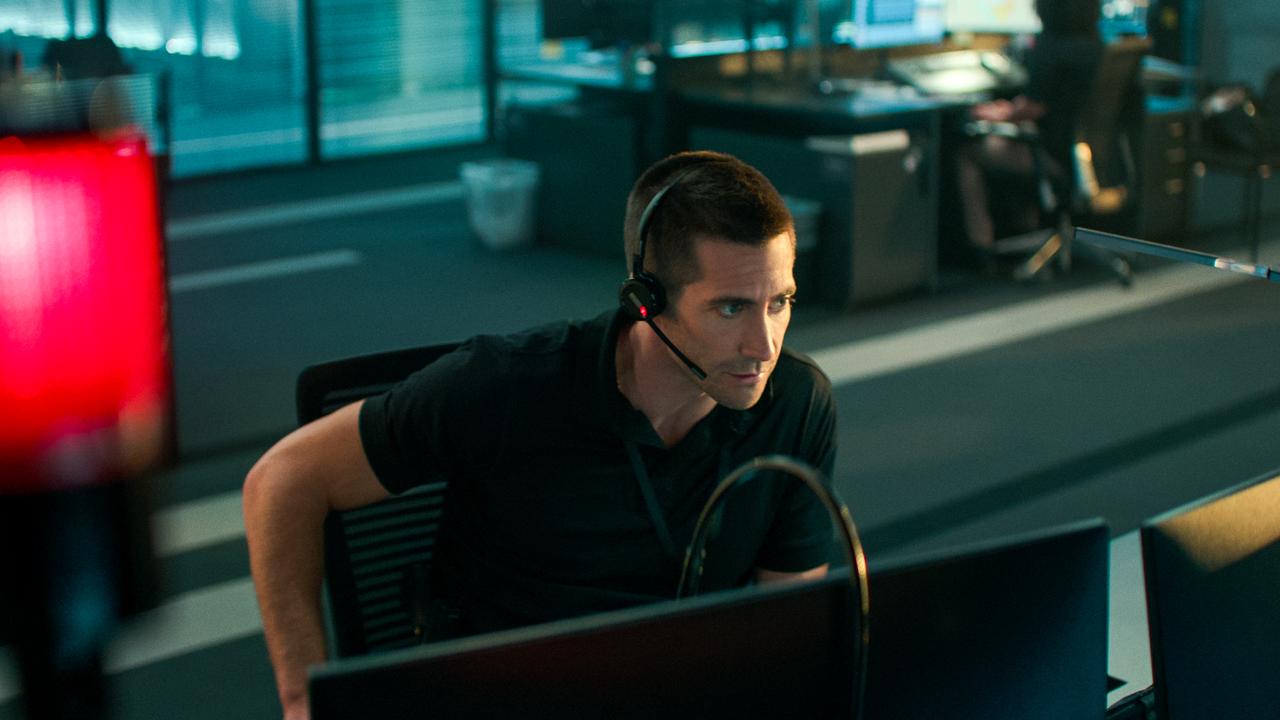
It’s an intimate story in many ways. Gyllenhaal is the only person on screen for 95 per cent of the film, and in one location, while his co-stars were voices down the phone.
Those co-stars include Ethan Hawke, who had worked with Fuqua on Training Day, Paul Dano, whose feature Wildlife Gyllenhaal produced and starred in, Peter Sarsgard, who is married to his sister Maggie Gyllenhaal, and Riley Keough.
When you only have 11 days to shoot a film during a pandemic, you surround yourself with people you know are definitely going to come through.
In this interview with news.com.au, Gyllenhaal talked about the pressure of the production, the core foundation of the film, and why playing such an angry character made him feel better about everything.
How did you interact with your co-stars? Were their voice performances prerecorded and cued up?
No, everything was live. We had actors all over the world, so we devised this system where we sent out recording devices.
We had actors in Australia, and LA and New York, everywhere. They all called into zoom and our first [assistant director] would cue them. And we’d do 20-minute long takes, so about 20 pages a day and one while long take.
The actors would be queued off zoom and we did everything live.
For Antoine and I, it was a challenge of trying to make this movie in 11 days. It added to the pressure of it, but we also upped our game. It was fun to try and do. It was also scary, frankly.
No one was making movies at that time, we had to figure out how to do it safely. That made the pressure of the movie unlike anything I have ever done.
Was Paul Dano the one calling in from Australia?
Yes. In the middle of the night, trying to not wake his daughter up yet.
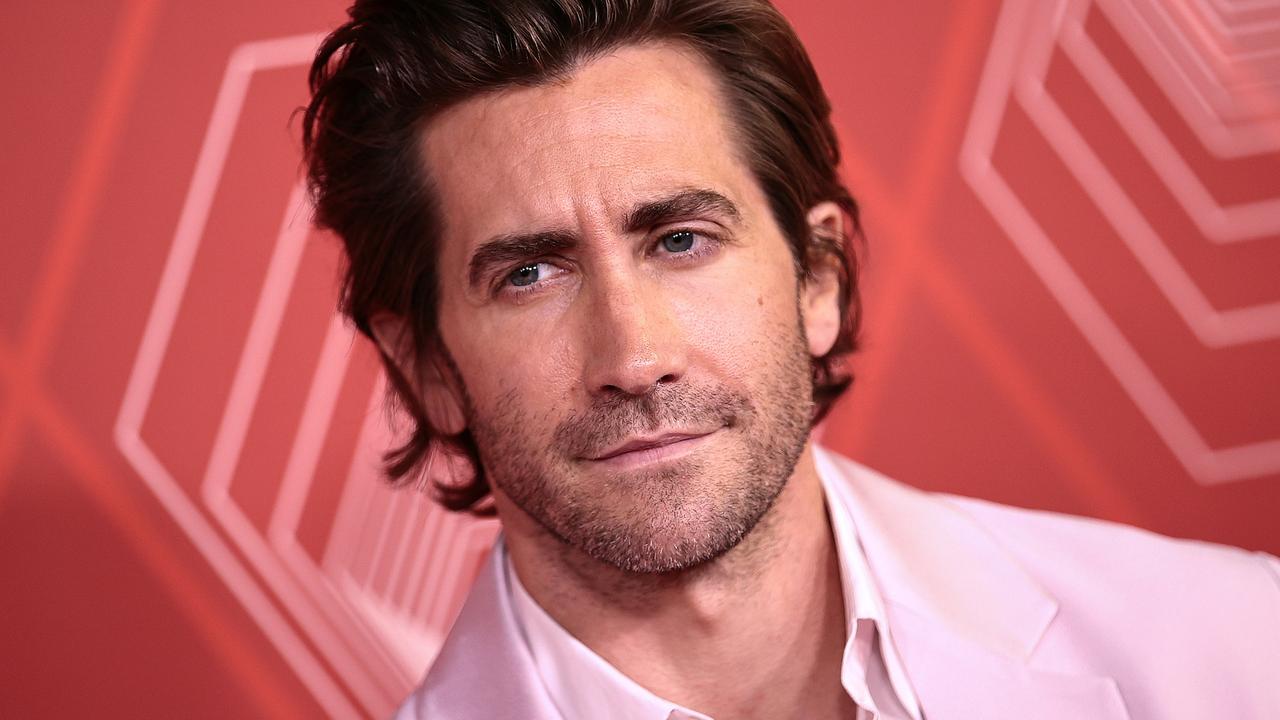
Did you choose to make this story at the time you did because the structure is relatively self-contained?
It was a confluence of a number of things. When we were looking at projects to try and make, and no one really knew what was going to happen or not, we thought, ‘Oh, this would be very interesting as an experiment’. It was something that had one character, it could safely be shot in a short period of time.
But it wasn’t wholly created because of this worldwide pandemic, but I would say that like with any project, things shoot to the front of the line as a result of time and coincidence and whole lot of factors that are indefinable.
You guys adapted the story from a Danish film and some of the themes around policing resonate differently in an American context, but also at the time it was made?
Foremost, I think it’s a thriller that is entertaining and had twists and turns.
It was important to Antoine and me to talk about how broken our systems are, and that is the undercurrent. It’s hard to really speak about these things without giving away certain plot points.
But I will say that it was important for us to talk about mental health and the systems that prevent us from connecting, prevent us from communicating clearly, and the assumptions we put on other people we cannot see, and why we do that – what happens when we do that, what mistakes do we make?
And the movie is a fantasy, what happens at the end of the film is not what we see in our world. It was important to tell a story that fantasises about what would happen if people admitted to certain truths.
The systems are only healed when we all have a place to express our own truths, and that’s why I think mental health is really at the heart of this piece.
This character isn’t redeemed, there will be serious consequences. But maybe [in doing what he did], he somehow heeled a tiny piece of the system. It is a fantasy, for sure, but hopefully one that is a message.
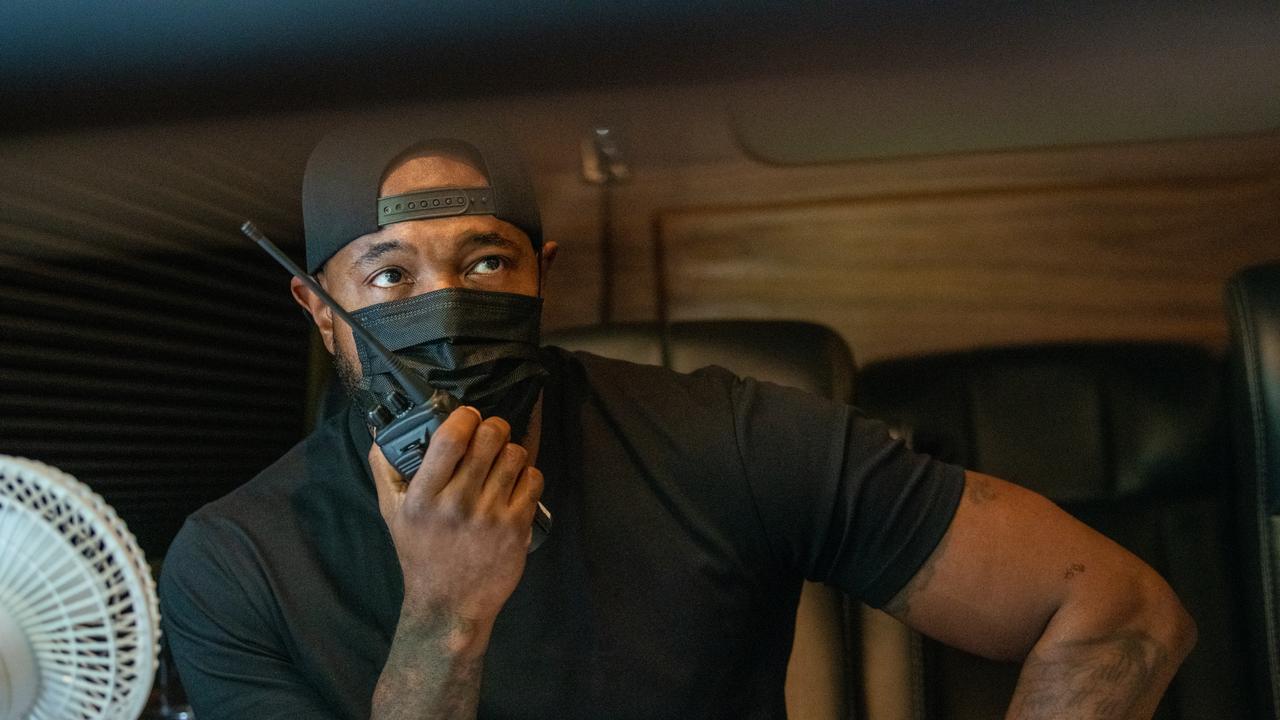
Is that what you saw in the Danish film when you bought the remake rights?
What I saw in the Danish film was a number of things. I think the techniques with which it was made, I’ve just seen so many films that nowadays, we get everything thrown at us, visually and audibly.
I love the idea of the audience using their imagination. I was blown away by the technique and what was left out of the storytelling, what we had to fill in, the work we have to do as the audience.
Did you always conceive that you would play the role?
I don’t really acquire material for the sake of doing it myself, because you never really know what it’s going to be. Every project shows itself to you. So, no, I didn’t, but I always hope it’s going to be something that excites me.
I will say I kind of had hoped that I would be able to play it.
At what point did you realise you would do it?
When I pitched it to Antoine, I said, ‘It’s going to be me, will you direct it? If you direct, it’s going to be me’. In the back of my mind, it was there. But it wasn’t really until Antoine said he wanted to do it, that I knew that I was a factor in him wanting to do it. It was our relationship, that was the moment.
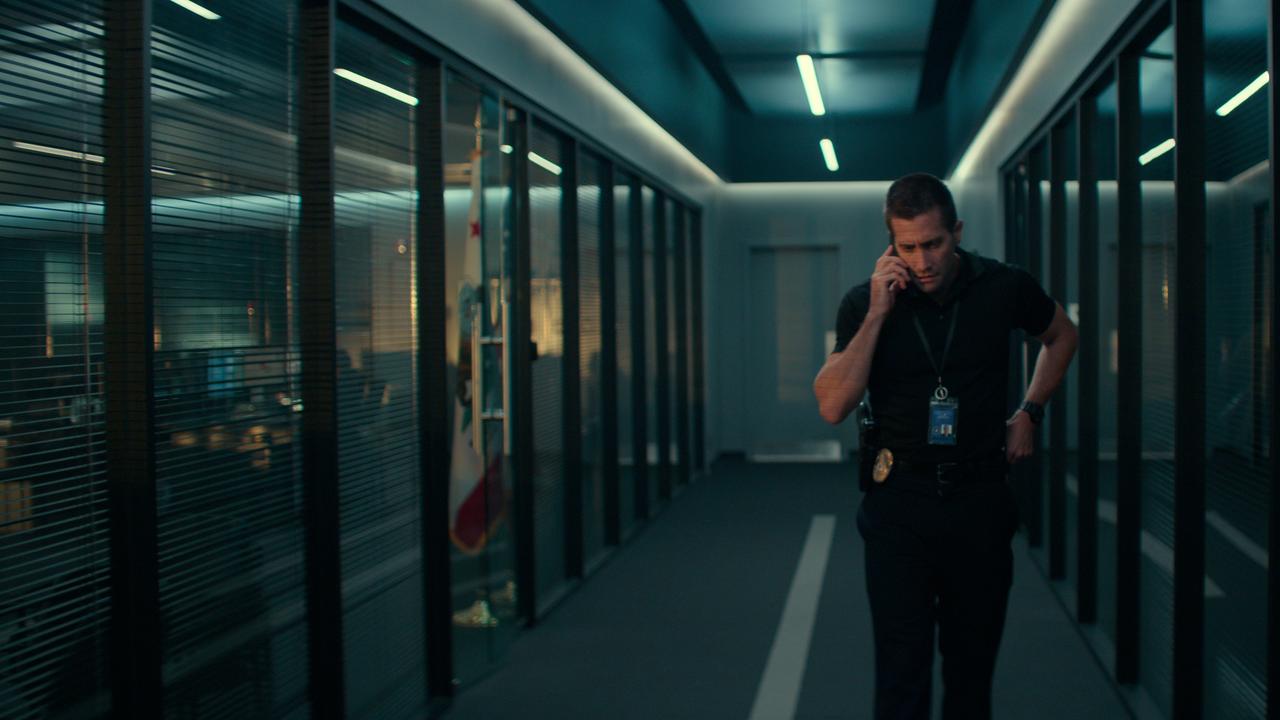
Did the dynamics and shorthand you guys had already established on Southpaw give you the confidence that you could make The Guilty in that short time frame?
From the beginning, I knew we needed a filmmaker who was down for this process, who wanted to make the movie in this sort of idea. I don’t think the movie could’ve been made over 50 days, it wasn’t that kind of film.
I knew it would draw whatever filmmaker wanted to do that and we were just lucky enough that it was Antoine. He loves the challenge. And he’s so sought-after that he was really only available for 11 days.
There is such an intensity to your role, the character is so angry. How do you unwind after that? Or because it’s only 11 days, do you stay in that state?
You sort of stay in it but I also think it was a bit like an exorcism.
There were a lot of feelings in that time, we were all pretty stuck at home and there were so many unknowns, watching the world going through so much pain and uncertainty. That’s why I love being able to be a performer and get those feelings out in a safe space.
I don’t have the same feelings [my character] had but I think there was a lot of frustration and pain and anger. It’s a very theatrical performance, it’s almost Greek in that way, an allegory. So, I was able to let those feelings out.
When I went home, I felt better than at the beginning of the day.
[Performing] has been a lifesaver for me.
Edited and condensed for clarity
The Guilty is streaming now on Netflix
Share your TV and movies obsessions | @wenleima
Originally published as Jake Gyllenhaal on The Guilty: ‘The pressure was unlike anything I’ve ever done’




